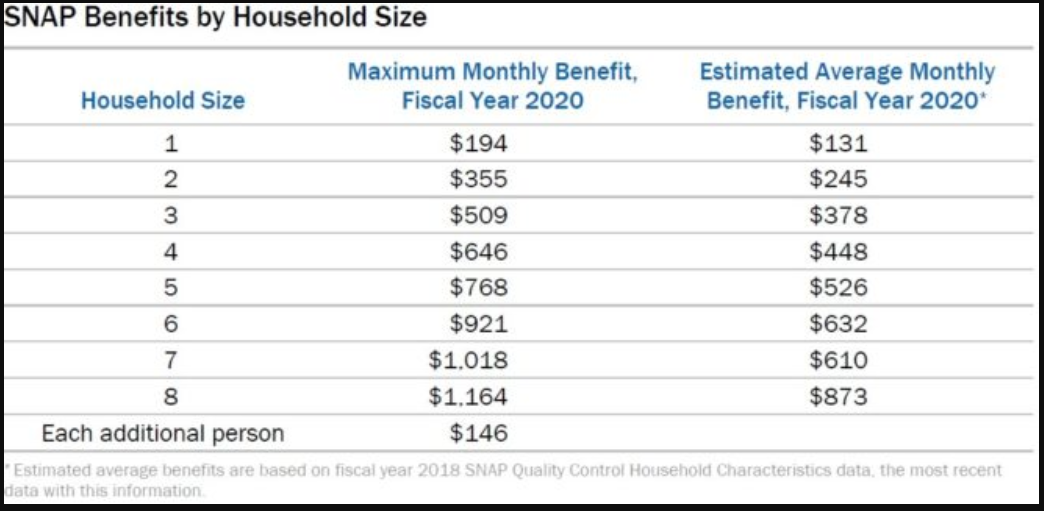Increasing power of food stamps could ease hunger among nation's children
Photo by Scripps National
How can America feed more children in need of better nutrition?
A global Christian non-profit food provider says increasing food stamp benefits to families is essential.
Bread for the World is leading a campaign to urge the federal government to increase the maximum food stamp benefits in the Supplement Nutrition Assistance Program (SNAP) by 15% across the board.
“For every meal served by food banks, SNAP provides nine,” Bread for the World’s leadership wrote in a letter to Congress. “SNAP is a powerful tool that can immediately help to alleviate the hardship on families who have been directly impacted by COVID-19.”
The U.S. Department of Agriculture, which runs SNAP, has already eased the application processes for SNAP and is allowing all households to automatically receive the maximum benefits in food stamps for each household size. The maximum for a family of four is $646. A 15% increase would add about $100.
The USDA is also allowing states to increase the reach of SNAP purchase cards to all families with children that qualify for free or reduced-price lunches in school. The Pandemic-EBT cards enables families to make qualifying nutrition purchases at many retailers. The USDA is also making it possible for many families to use the cards for online purchases.
Missouri is still waiting on both counts. As of May 12, 25 states’ plans to expand the use of P-EBT cards has been approved, but Missouri’s application was still pending. Missouri has been approved to allow online purchases with EBT cards, but the service is not yet operating.
Getting SNAP benefits to more families is an essential tool to combat a nutrition crisis during the pandemic, Bread for the World told Congress.
“SNAP is the nation’s first line of defense against hunger and is proven to help lifts millions of American families and children out of poverty,” it said. “An expanded and strengthened SNAP can serve as a buffer for families who are now at risk of food insecurity and are struggling to make ends meet during this national health crisis.”


